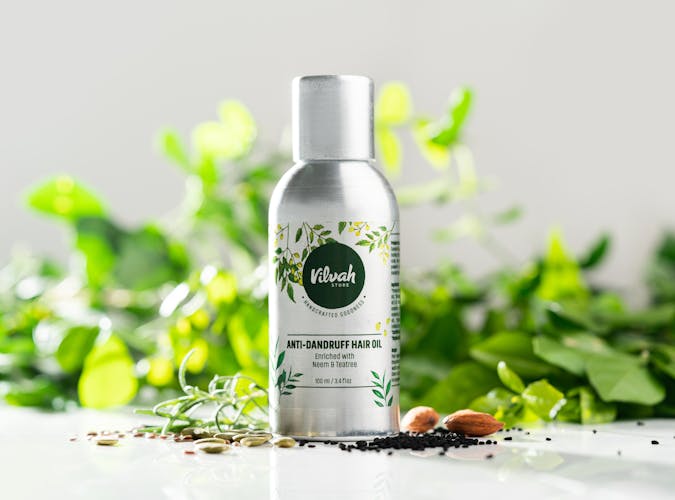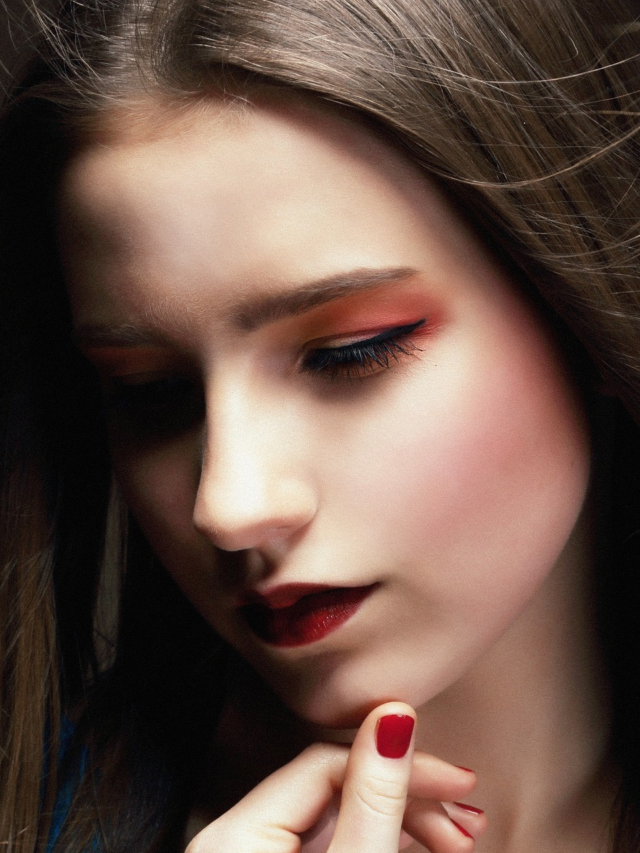
Dandruff, those pesky white flakes that appear uninvited on your scalp and clothes, can be a real confidence killer. While it’s rarely a serious medical condition, it can cause itchiness, irritation, and embarrassment. Fortunately, eliminating dandruff is possible with the right combination of treatments and lifestyle changes.
In this guide, we’ll explore what causes dandruff, share easy remedies, and recommend products that can help.
Table of Contents
What Causes Dandruff?
Before jumping into solutions, it’s important to understand why dandruff happens. There are a few main causes:
- Dry Skin: When your scalp becomes too dry, it starts to shed dead skin cells, leading to flaking.
- Oily Scalp (Seborrheic Dermatitis): This is one of the most common causes of dandruff. The excess oil can lead to an irritated scalp, causing it to shed skin more frequently.
- Fungal Overgrowth: A yeast-like fungus called Malassezia naturally lives on everyone’s scalp, but for some people, it can grow too much and cause irritation and flaking.
- Sensitivity to Hair Products: Some shampoos, conditioners, or styling products can irritate the scalp, leading to dandruff. This is called contact dermatitis.
- Not Shampooing Enough: If you don’t wash your hair regularly, oils and dead skin cells can build up, causing dandruff.
Effective Ways to Get Rid of Dandruff
Here are some tried and tested methods to help keep dandruff under control:
1. Use an Anti-Dandruff Shampoo
Switching to an anti-dandruff shampoo is one of the most straightforward and effective ways to tackle dandruff. These shampoos are formulated with active ingredients that target the causes of dandruff, such as:
- Pyrithione zinc: This has antifungal and antibacterial properties, making it effective at reducing the growth of Malassezia. One popular choice is Head & Shoulders Classic Clean Anti-Dandruff Shampoo.
- Selenium sulfide: This reduces the production of natural oils on the scalp and helps with fungal growth. Selsun Blue Medicated Maximum Strength Dandruff Shampoo is a good option for more severe cases.
- Ketoconazole: This is an antifungal agent that can help with severe dandruff. Nizoral A-D Anti-Dandruff Shampoo is often recommended for persistent dandruff issues.
- Coal tar: It works by slowing down the production of skin cells, reducing flaking. A great option is Neutrogena T/Gel Therapeutic Shampoo.
Make sure to leave the shampoo on your scalp for at least 5 minutes before rinsing it off. Use it 2-3 times a week to start, and reduce frequency as your symptoms improve.
2. Try Natural Remedies
If you prefer a more natural approach, there are several remedies that can help reduce dandruff:
- Tea Tree Oil: Known for its antifungal and antibacterial properties, tea tree oil can help reduce dandruff caused by yeast. Simply add a few drops of tea tree oil to your shampoo or look for a shampoo that already contains it, like Paul Mitchell Tea Tree Special Shampoo.
- Apple Cider Vinegar: The acidity of apple cider vinegar changes the pH of your scalp, making it harder for yeast to grow. Dilute apple cider vinegar with water (1 part vinegar to 1 part water) and apply it to your scalp before shampooing.
- Aloe Vera: Aloe vera has soothing and antifungal properties. It can be applied directly to the scalp to calm irritation and reduce dandruff. Look for a pure aloe vera gel, or you can cut a fresh aloe leaf and scoop out the gel.
3. Moisturize Your Scalp
If dry skin is the root of your dandruff problem, keeping your scalp moisturized is key. Coconut oil is an excellent natural moisturizer. Massage a small amount of coconut oil into your scalp and leave it on for 30 minutes before washing it out with a gentle shampoo. This can help reduce dryness and minimize flakes.
4. Watch Your Diet
Diet can also play a role in dandruff. Foods rich in zinc, B vitamins, and healthy fats (like omega-3s) can promote a healthy scalp. Make sure you’re getting enough of these nutrients by including nuts, fish, eggs, and leafy greens in your diet.
On the flip side, cutting back on sugary and processed foods can also help reduce dandruff, as yeast (a common cause of dandruff) tends to thrive on sugar.
5. Keep Stress in Check
Stress can trigger or worsen dandruff by weakening your immune system, which allows the fungus on your scalp to thrive. Make time for stress-relief activities like yoga, meditation, or even a simple walk outside to help manage your stress levels.
When to See a Doctor
If you’ve tried over-the-counter shampoos and home remedies but are still struggling with dandruff, it may be time to see a dermatologist. They can determine if your dandruff is caused by a more serious condition, such as psoriasis or eczema, and recommend prescription treatments.
Final Thoughts
Dandruff may be frustrating, but it’s not something you have to live with forever. Whether you choose an anti-dandruff shampoo, natural remedies, or a combination of both, consistency is key. Stick to your routine, keep your scalp clean and moisturized, and soon you’ll be able to shake off those flakes for good.















